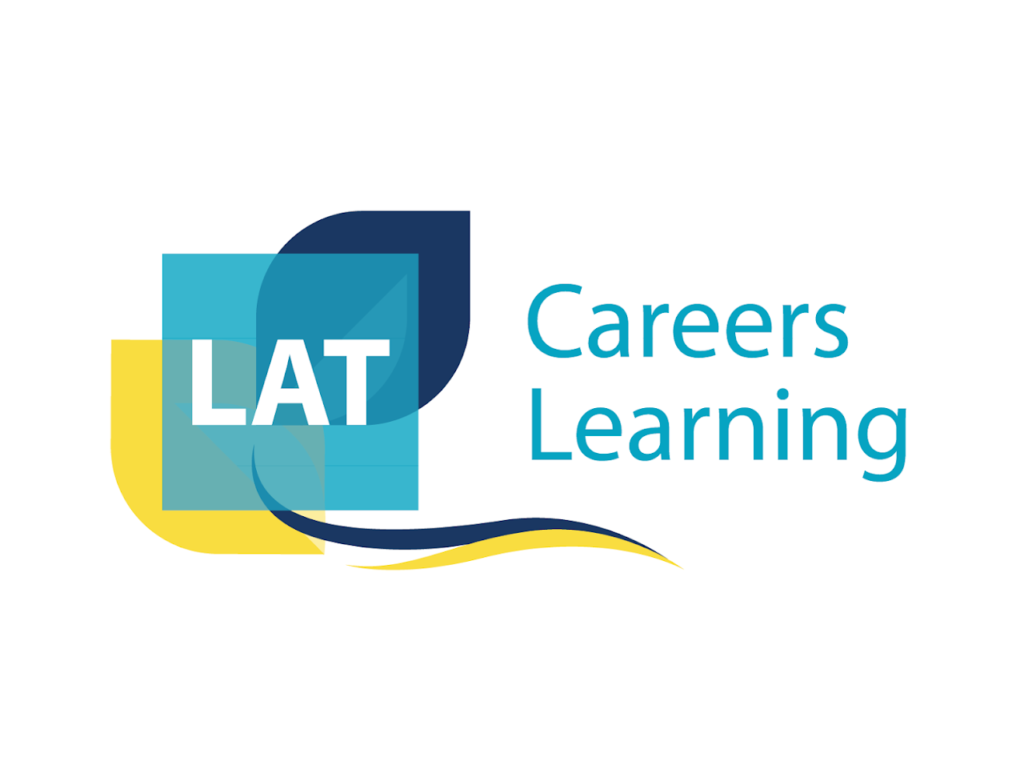What is LinkedIn?
LinkedIn is the world’s largest professional network on the internet. You can use LinkedIn to find the right job or internship, connect and strengthen professional relationships , and learn the skills you need to succeed in your career.
A basic LinkedIn account is free to set up and use, although there is an enhanced paid version. Account holders must be over 16 years of age and in line with LAT safeguarding policies, pupils may not connect with staff whilst still a student.
Why is LinkedIn important for students?
LinkedIn is a tool that can be used by students to research organisations they would like to work for. Students in Years 12 and 13, undergraduates and postgraduates can visit the Company Pages shown on LinkedIn and look at their posts to see new developments in the business, how the company chooses to showcase their employees, and whether the company is a member of groups on LinkedIn. They can also check to see if the company has links to other organisations.
This research may also guide students on the hiring process, how people feel about the organisation and on job availability.
By being present on LinkedIn students can be viewed by potential employers and course admissions specialists. LinkedIn is one of the first checks that professionals will use when they are seeking to recruit staff or receive a CV from a prospective employee.
If you can optimise your profile on LinkedIn, and then continue to update it as your career progresses, you will be giving yourself the best opportunity to be found and recruited by potential employers.
In the video tutorial below, we explain and show you how you can easily optimise your own LinkedIn profile, how you can search for people and groups and how you can track your progress.
How to use LinkedIn
Marketing Company, Kingshill Marketing, share their tutorial on how, as a student, you can set up an account and how you can best use it:
Once you’ve created your Linkedin account, why not join your academy alumni? For more detail, please see here.


